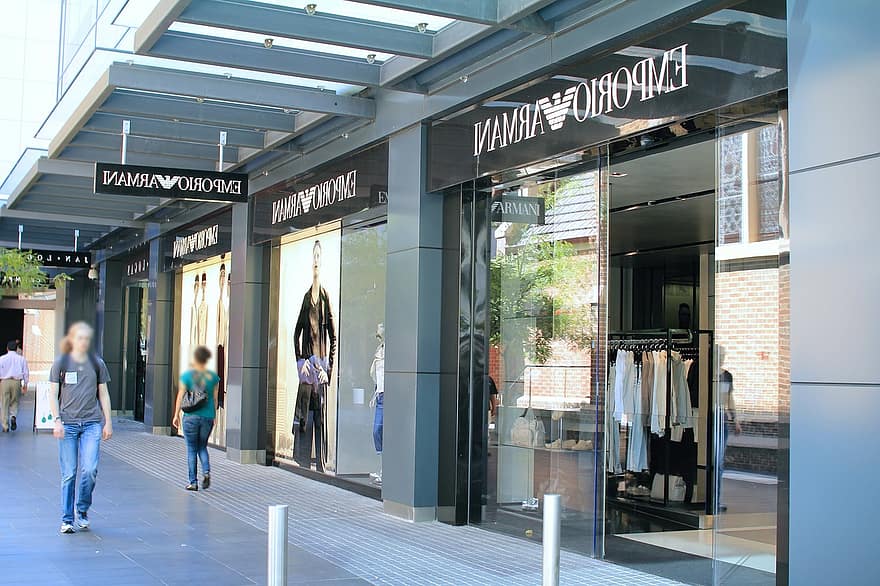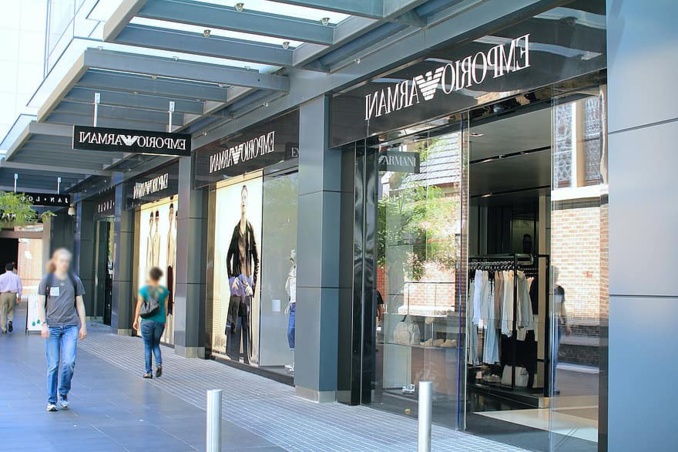BCG's annual report on the global luxury goods and services market, released on Friday, noted that "even the most optimistic scenario assumes a 35-45% drop in luxury goods sales in 2020." The company's specialists note that due to the high level of uncertainty, the industry's recovery will be gradual: in the worst case, total sales in 2021 could be 20% lower than in 2019, after which a "slightly smaller decline" will be recorded in 2022. At the same time, by 2023 and beyond, sales in most categories will still return to pre-crisis levels.
“We see interest in luxury restaurants, hotels, resorts and cruises declining. 50-60% of consumers say they will spend less or significantly less in these categories for at least the next six months. All this testifies to the urgent need to reconsider the offer from the players in the luxury segment.
Chinese consumers - one of the main drivers of the luxury market in recent years - are changing their preferences significantly due to the pandemic and the travel restrictions it causes. 73% of Chinese consumers surveyed said they would shift at least half of their luxury goods spending over the next 12 months from shopping outside China to shopping in the PRC itself. In this regard, BCG expects the Chinese luxury goods market to grow rapidly - even faster than before the pandemic, and believes that luxury brands need to make changes in their marketing and distribution, with a focus on regional markets.
Talking about the impact of the pandemic on the market in terms of demand for different generations, the consulting company notes that “people under 35 (millennials and Gen Z) have suffered the most because of the crisis, half of respondents in these age groups reported a drop in income”. However, this group showed the highest level of optimism about the future: 50% believe that the recovery will be fast. Among the older generation, only 20% are optimistic. Thus, BCG emphasizes, “from the perspective of market participants, Millennials and Gen Z are of particular interest given the expected growth in their purchasing power in the coming years - people in this group are expected to consume 55% of the luxury market in 2025 - as well as the ability to influence other age groups, shaping and anticipating market trends.”
source: bcg.com
“We see interest in luxury restaurants, hotels, resorts and cruises declining. 50-60% of consumers say they will spend less or significantly less in these categories for at least the next six months. All this testifies to the urgent need to reconsider the offer from the players in the luxury segment.
Chinese consumers - one of the main drivers of the luxury market in recent years - are changing their preferences significantly due to the pandemic and the travel restrictions it causes. 73% of Chinese consumers surveyed said they would shift at least half of their luxury goods spending over the next 12 months from shopping outside China to shopping in the PRC itself. In this regard, BCG expects the Chinese luxury goods market to grow rapidly - even faster than before the pandemic, and believes that luxury brands need to make changes in their marketing and distribution, with a focus on regional markets.
Talking about the impact of the pandemic on the market in terms of demand for different generations, the consulting company notes that “people under 35 (millennials and Gen Z) have suffered the most because of the crisis, half of respondents in these age groups reported a drop in income”. However, this group showed the highest level of optimism about the future: 50% believe that the recovery will be fast. Among the older generation, only 20% are optimistic. Thus, BCG emphasizes, “from the perspective of market participants, Millennials and Gen Z are of particular interest given the expected growth in their purchasing power in the coming years - people in this group are expected to consume 55% of the luxury market in 2025 - as well as the ability to influence other age groups, shaping and anticipating market trends.”
source: bcg.com



















